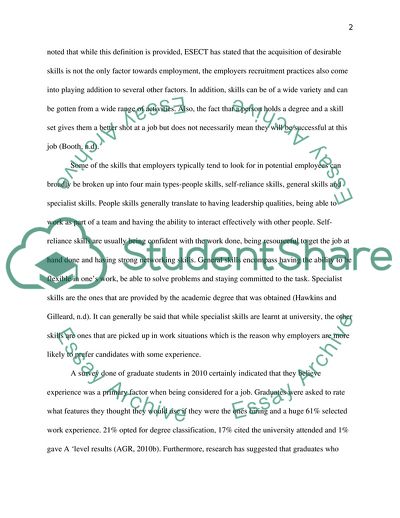Cite this document
(The Importance of Work Experience as a Valuable Way of Developing the Essay, n.d.)
The Importance of Work Experience as a Valuable Way of Developing the Essay. https://studentshare.org/human-resources/1745564-academic-methods
The Importance of Work Experience as a Valuable Way of Developing the Essay. https://studentshare.org/human-resources/1745564-academic-methods
(The Importance of Work Experience As a Valuable Way of Developing the Essay)
The Importance of Work Experience As a Valuable Way of Developing the Essay. https://studentshare.org/human-resources/1745564-academic-methods.
The Importance of Work Experience As a Valuable Way of Developing the Essay. https://studentshare.org/human-resources/1745564-academic-methods.
“The Importance of Work Experience As a Valuable Way of Developing the Essay”. https://studentshare.org/human-resources/1745564-academic-methods.


